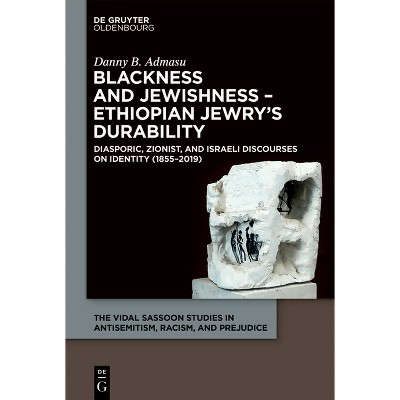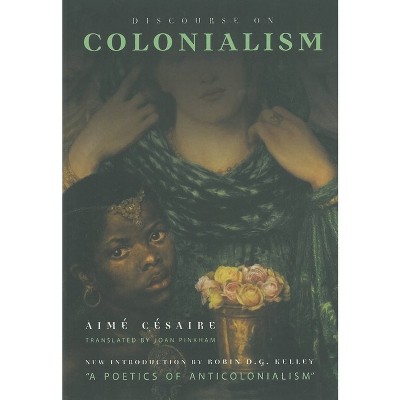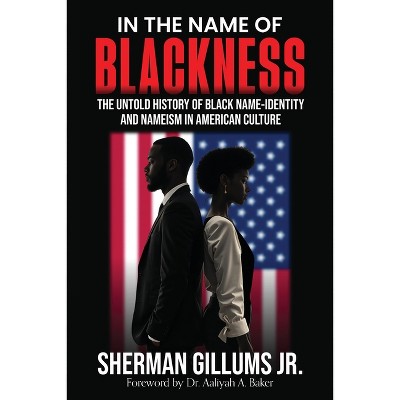Scripturalizing Jewishness through Blackness - (Scripturalization: Discourse, Formation, Power) by Aurélien Mokoko Gampiot (Hardcover)

About this item
Highlights
- This book describes the multiple ways in which Black Jews in France practice and claim their Judaism, relate to their fellow Jews, and reconstruct their identities.
- About the Author: Aurélien Mokoko Gampiot is a senior research associate on the Archiving the Inner City Project at the Department of Sociology of the University of York (UK), a visiting research fellow at the Centre for Religion and Public Life of the University of Leeds (UK), and an associate researcher at the Groupe Sociétés Religions Laïcité (CNRS, France) hosted by the Sorbonne (École Pratique des Hautes Études).
- 280 Pages
- Social Science, Jewish Studies
- Series Name: Scripturalization: Discourse, Formation, Power
Description
About the Book
This book describes the multiple ways in which Black Jews in France practice and claim their Judaism, relate to their fellow Jews, and reconstruct their identities. After fifteen years of fieldwork, Dr. Aurélien Mokoko Gampiot offers an original analysis of their individual an...Book Synopsis
This book describes the multiple ways in which Black Jews in France practice and claim their Judaism, relate to their fellow Jews, and reconstruct their identities. After fifteen years of fieldwork, Dr. Aurélien Mokoko Gampiot offers an original analysis of their individual and collective itineraries.
Review Quotes
Aurélien Mokoko Gampiot opens a new intellectual space for thinking about what Jews look like and what being Black signifies in France where the post- World War II Jewish community is divided by a European Ashkenazi - North African Sephardi binary unfamiliar to most American readers.
Visible markers of Jewishness coupled with visual diversity of physical appearance necessarily reworks meanings of Blackness and African otherness where French racism and antisemitism remain intimately linked. Mokoko Gampiot argues that scripturalization of Black identities are compatible for interiorizing both Jewish and Black African identities. Within the intersection of two French ethnic minorities, existential African and Caribbean legacies are complimentary to spiritual experiences finding community with and as Jews.
Gampiot's engaging ethnography should be prioritized by anyone interested in 21st century Jewish diversity and Blackness outside the prism of American racism.
This is a pioneer research on Africans and Caribbeans in France, either born Jewish or who convert to Judaism, and display increasing visibility and claims. The book astutely shows the specificities of the French context and the complexity of their double identity, as Blacks and Jews negotiating between their Jewishness, color and daily ordeals of racism and antisemitism. By giving voice to the experiences and itineraries of these Black Jews, the book explores their conversion paths, their communal organizations, questions of intermarriage, and their strategies to carve themselves a place in French Jewry, despite the discrimination they encounter in Jewish communities and French society. This study is of special interest for scholars of Jewish and Blackness studies, and of French Jewry and minorities in France.
About the Author
Aurélien Mokoko Gampiot is a senior research associate on the Archiving the Inner City Project at the Department of Sociology of the University of York (UK), a visiting research fellow at the Centre for Religion and Public Life of the University of Leeds (UK), and an associate researcher at the Groupe Sociétés Religions Laïcité (CNRS, France) hosted by the Sorbonne (École Pratique des Hautes Études).










